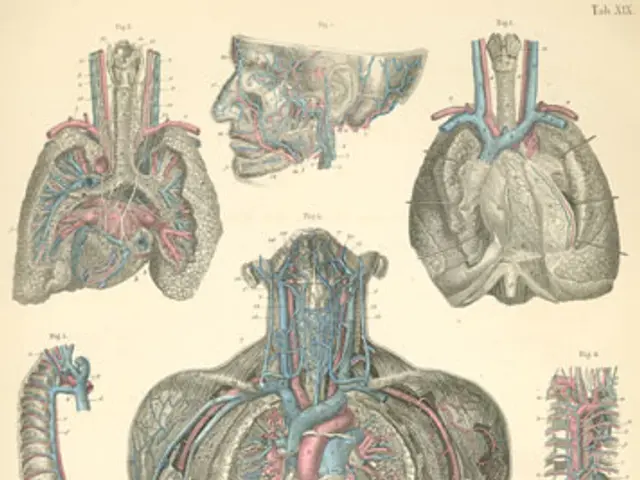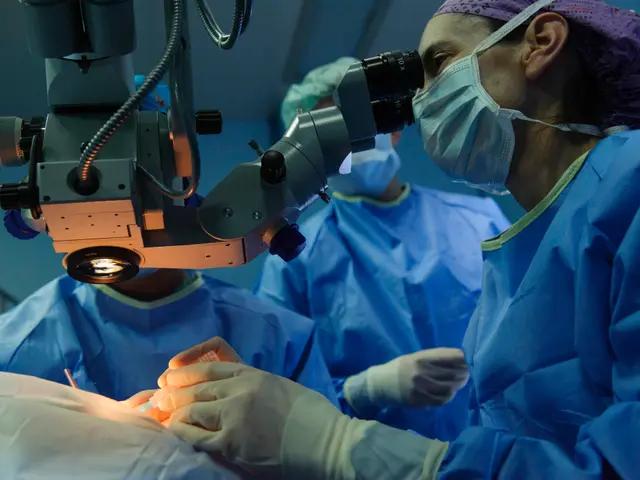IIT Madras develops artificial intelligence technology transforming brain signals into spoken language
Researchers at the Indian Institute of Technology Madras (IIT-Madras) and the University of California, San Francisco (UCSF) are working on developing artificial intelligence technology that could revolutionise communication for speech-impaired individuals.
In a groundbreaking development, the IIT-Madras team has created a technology that interprets electrical signals from the brain as human language, rather than just ionic current. The focus of this research is not on decoding specific human languages like English, but on understanding the electrical signals as language in general.
The researchers at IIT-Madras tested this concept using nanopores filled with a saline solution. These nanopores were mediated using an electric field, as stated by the Institute. The electrical signals from the brain, including wave-like patterns with spikes, humps, and crusts, can be converted into simple human language using AI and Deep Learning algorithms.
Vishal Nandigana, Assistant Professor at the Fluid Systems Laboratory, Department of Mechanical Engineering, IIT Madras, explained, "This technology will tell us what the ions are trying to mit us."
Meanwhile, researchers at UCSF are also working on AI technology that translates brain signals into speech for people with speech impairments. However, it is unclear whether they are focusing on interpreting the real data signal as a simple human language that all human beings can understand.
The AI technology works by decoding electrical signals, including brain signals, using physical laws or mathematical transforms such as Fourier Transform or Laplace Transform. The output of the technology is the ionic current, which represents the flow of charged particles (ions).
While the researchers are making significant strides, it is important to note that the electrophysiological data from neurologists has not been mentioned in the research as a source for obtaining brain signals of speech-impaired humans.
This development could potentially provide a new avenue for communication for those who are speech-impaired, offering a pathway towards a more inclusive and accessible world. Further research and development are needed to refine the technology and make it widely available.
Read also:
- Europe's mandatory vaccination programs advocated by health officials in the face of mounting disinformation
- Rural farm communities sound the alarm over the perilous state of livestock deliveries
- Initial Nutrient for Boosting Immune System: Reasoning Behind Blueberries Being an Ideal First Food for Infants
- EU's ban on bean exports from Nigeria results in an annual loss of $363 million for the country, according to AAPN.








